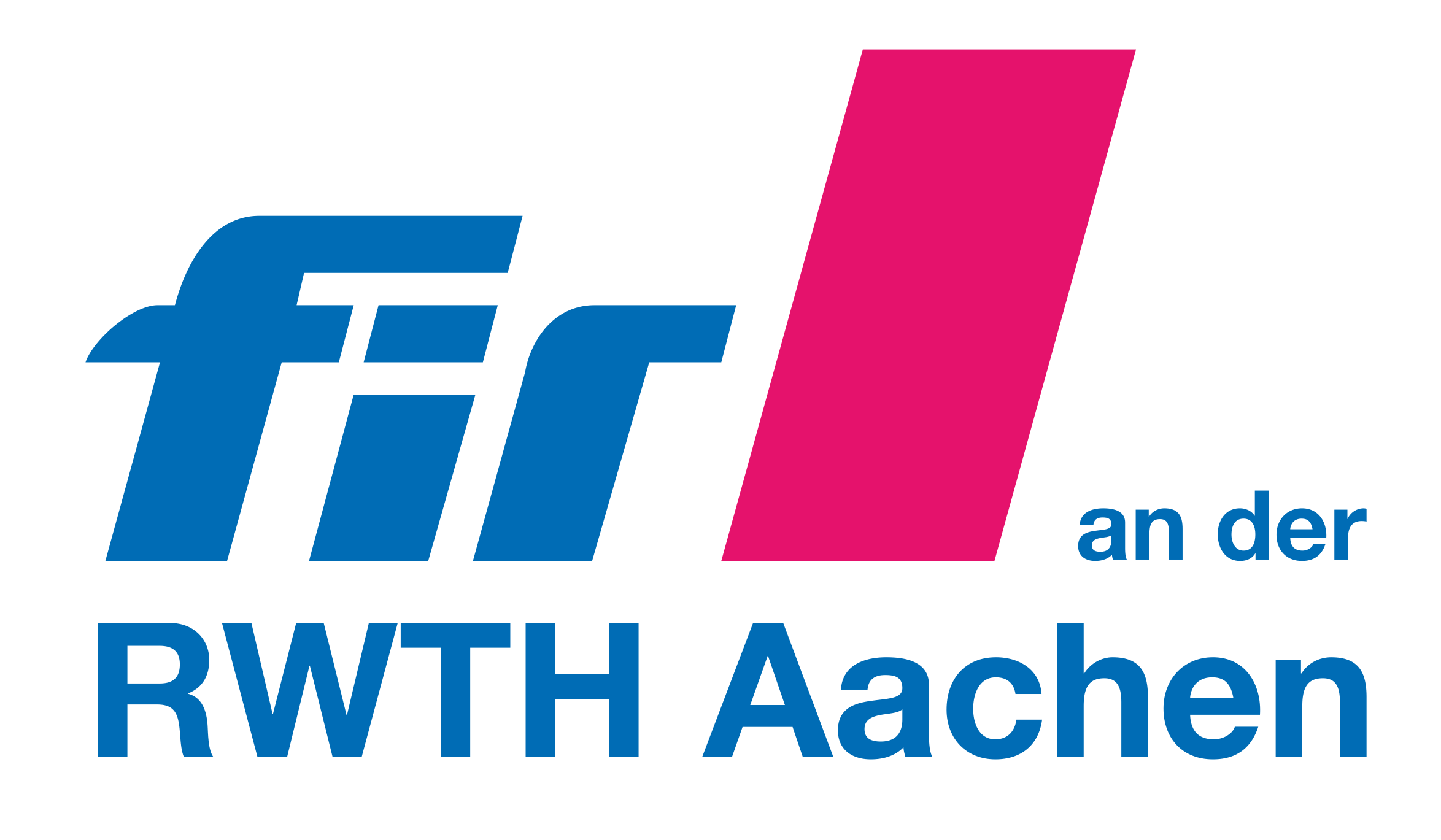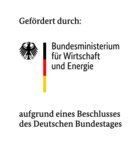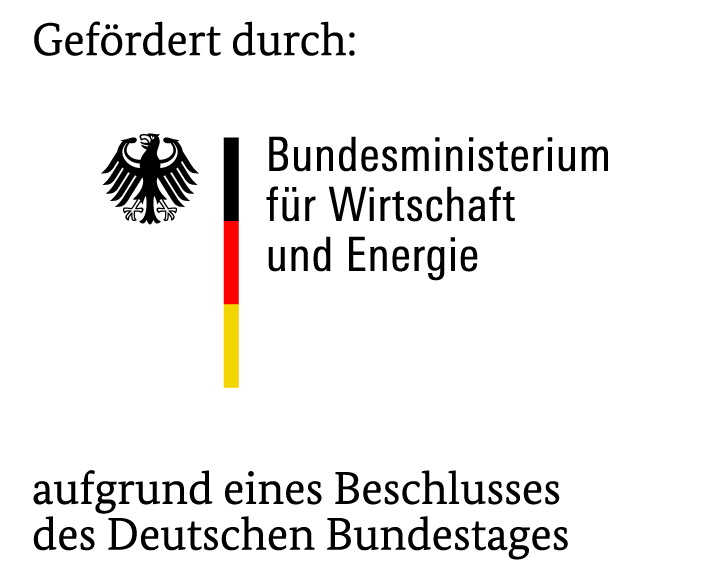DigiTextil
Implementation of Industry 4.0 in the textile process chain
The goal is achieved by exchanging data between the companies involved in the process chain and the neutral operator of a legally protected cloud service.
Textiles are produced in highly fragmented process chains. Companies manufacture intermediates that are further processed by other companies. There is no complete digital flow of information on the products and process parameters used. Due to defective intermediate products, German nonwovens production, dominated by SMEs, suffers an economic loss of approximately € 366 million per year due to downtimes and rejects. On average, this corresponds to an economic loss of € 1.6 million per SME per year.
Studies have shown that the targeted storage and analysis of BigData in production can reduce downtime and waste by up to 20%. Textile companies see challenges in the implementation of Industry 4.0 above all in standardization, the availability of technology and the protection of know-how. Due to the lack of know-how protection, BigData solutions are not yet implemented across companies.
The aim of this research project is to develop a method for cross-company fault traceability and cause analysis that guarantees the protection of company secrets and internal know-how. The development enables a protected, complete, digital flow of information and cross-company error tracking to reduce downtimes and rejects. With a 5% increase in efficiency, this leads to an average additional production of €80,000 per SME per year. For the German nonwovens industry this means an additional production of € 18.3 million per year.
Topic Area
- Information Management
Research Focus
- Informationslogistik
JRF Guiding Topic
- Industry & Environment





